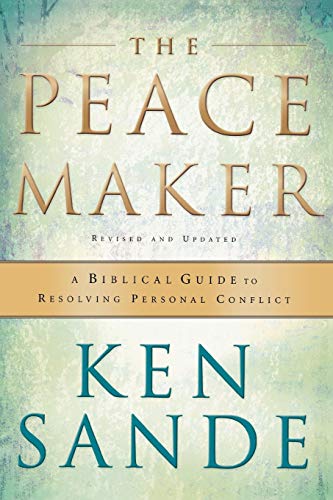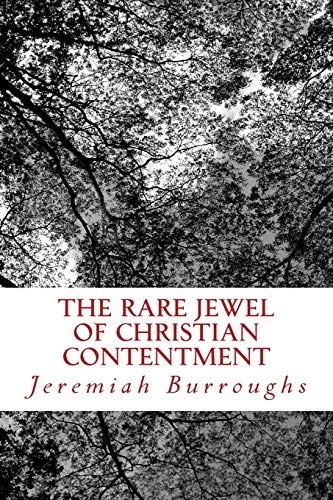Quotes about Peace-True
Peace should be a hallmark of the godly person, first because it is a Godlike trait: God is called the God of peace several times in the New Testament. He took the initiative to establish peace with rebellious men, and He is the author of both personal peace as well as peace among men. Peace should be part of our character also because God has promised us His peace, because He has commanded us to let peace rule in our lives and relationships, and because peace is a fruit of the Spirit and therefore an evidence of His working in our lives.
The Practice of Godliness, NavPress, 1996, p. 155-156. Used by permission of NavPress – www.navpress.com. All rights reserved. Get this book!
Because peace is a fruit of the Spirit, we are dependent upon the Spirit’s work in our lives to produce the desire and the means to pursue peace. But we are also responsible to use the means He has given us and to take all practical steps to attain both peace within and peace with others.
The Practice of Godliness, NavPress, 1996, p. 166. Used by permission of NavPress – www.navpress.com. All rights reserved. Get this book!
The war is over. The alienation and divine displeasure toward us because of our sin have been removed. We are no longer objects of wrath. We have peace with God whether we realize it or not. However, to the extent that we understand and believe the truth regarding justification, we will experience a subjective peace – that is, a sense of peace within our souls. We will know that we have been bought from a state of condemnation and the prospect of eternal judgment into a state of forgiveness and favor with God.
Copied from The Gospel for Real Life by Jerry Bridges, © 2002, p. 108. Used by permission of NavPress – www.navpress.com. All rights reserved.
Christ’s life outwardly was one of the most troubled lives that was ever lived: tempest and tumult, tumult and tempest, the waves breaking over it all the time. But the inner life was a sea of glass. The great calm was always there.
If…a person feels peace and knows that it results from faith that Christ satisfied divine justice for him and converted his soul and united him to the Saviour, the peace he feels is genuine since it rests on the truth of God.
And therefore you who think so basely of the Gospel and the professors of it, because at present their peace and comfort are not come, should know that it is on the way to them, and comes to stay everlastingly with them; whereas your peace is going from you every moment, and is sure to leave you without any hope of returning to you again. Look not how the Christian begins, but ends.
A Puritan Golden Treasury, compiled by I.D.E. Thomas, by permission of Banner of Truth, Carlisle, PA. 2000, p. 206-207.
Peace is such a precious jewel that I would give anything for it but truth.
What peace can they have who are not at peace with God?
God cannot give us happiness and peace apart from Himself, because it is not there. There is no such thing.
We start each day with our personal security resting not on the accepting love of God and the sacrifice of Christ but on our present feelings or recent achievements in the Christian life. Since these arguments will not quiet the human conscience, we are inevitably moved either to discouragement and apathy or to a self-righteousness which falsifies the record to achieve a sense of peace. But the faith that is able to warm itself at the fire of God’s love, instead of having to steal love and self-acceptance from other sources, is actually the root of peace.
True spiritual peace is completely different from the superficial, ephemeral, fragile human peace. It is the deep, settled confidence that all is well between the soul and God because of His loving, sovereign control of one’s life both in time and eternity. That calm assurance is based on the knowledge that sins are forgiven, blessing is present, good is abundant even in trouble, and heaven is ahead. The peace that God gives His beloved children as their possession and privilege has nothing to do with the circumstances of life.
God can work peace through us only if He has worked peace in us… Those who are in the best of circumstances but without God can never find peace, but those in the worst of circumstances but with God need never lack peace.
If a believer can keep his mind on God, no evil in this world can steal his peace. And that will be enough till heaven (Rick Holland).
We cannot enjoy peace in this world unless we are ready to yield to the will of God in respect of death. Our times are in His hand, at His sovereign disposal. We must accept that as best.
Meditation on the Glory of Christ, 1684, Preface. Get this book!
He has great tranquility of heart who cares neither for the praises nor the fault-finding of men. He will easily be content and pacified, whose conscience is pure. You are not holier if you are praised, nor the more worthless if you are found fault with. What you are, that you are; neither by word can you be made greater than what you are in the sight of God.
True peace does not demand a denial of our emotions and concerns. What is the difference between godly concern and sinful anxiety? Actually the same Greek word is used for both, and it is only the context that reveals the difference. The difference can be seen in these mathematical formulas: Concern + unbelief = anxiety; Concern + faith = a biblical virtue (1 Corinthians 7:32, 33, 12:25; 2 Corinthians 11:28).
A Journey to Victorious Praying, Moody Publishers, 2003, p. 180.
Get this book!
God the Father is called the “God of peace” (Hebrews 13:20). God the Son, the “Prince of peace” (Isaiah 9:6). God the Holy Ghost, the “Spirit…of peace” (Ephesians 4:3).
A Puritan Golden Treasury, compiled by I.D.E. Thomas, by permission of Banner of Truth, Carlisle, PA. 2000, p. 206.














